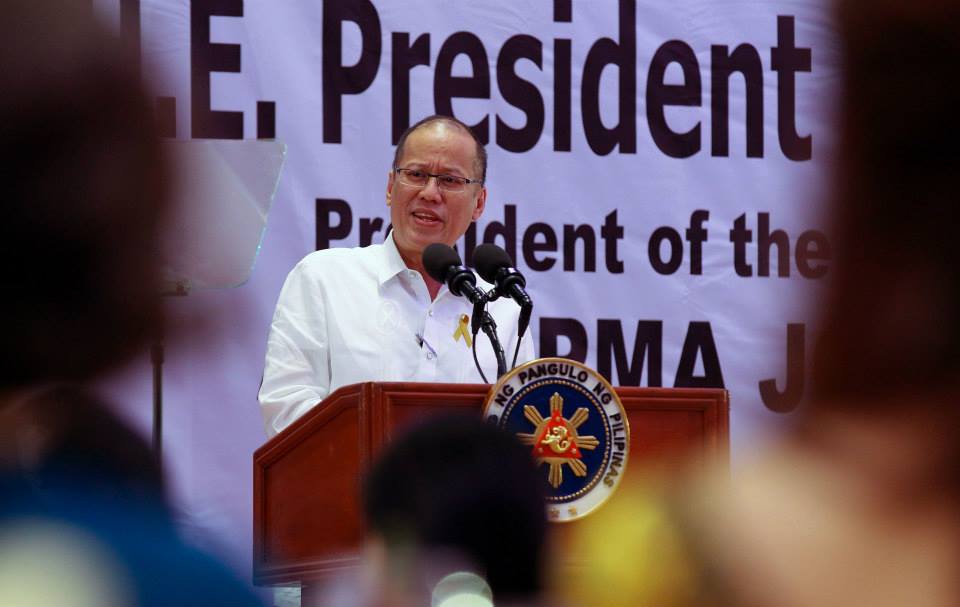Breaking
Gov’t willing to work with private sector to give better healthcare — Aquino

President Benigno S. Aquino III delivers his speech during the Association of the Philippine Physicians in America–Philippine Medical Association (APPA-PMA) Joint Congress 2015 Opening Ceremony at the Rigodon Ballroom of the Manila Hotel in One Rizal Park, Manila City on Thursday (January 08, 2015). With theme: “Partnership in Advancing Healthcare in the Philippines.” (Photo by Robert Viñas/ Malacañang Photo Bureau)
MANILA — The government is ready to work with health professionals here and abroad to provide Filipinos better health care, President Benigno S. Aquino III said Thursday.
Speaking before participants of the Philippine Physicians in America-Philippine Medical Association Joint Congress 2015 at the Manila Hotel, the President extended his gratitude to health professionals who continue to help provide the people quality health care, underscoring the importance of government-private sector partnership.
“The goal of making good, quality health care available to all Filipinos cannot rest on the shoulders of a single entity or sector,” he said in his speech.
“All stakeholders, from government and private sector alike, must do their utmost. This is precisely why our administration has directed tremendous focus to the health sector.”
For its part, the government is making strides, he said, citing that from 2010 to 2014, the approved budget for the Department of Health (DOH) more than tripled from Php24.65 billion to Php83.72 billion.
In the 2015 budget, the allocation for the DOH increased even further to Php86.
97 billion.
Once the so-called Sin Taxes are finally computed, these figures will rise significantly, the President said.
The government was also able to register a vast majority of the country’s population under PhilHealth, the national health insurance program, he said, adding that it likewise expanded the diseases covered by the program to include those that pose the greatest threat to the lives of the people.
President Aquino further said that the country’s health facilities are being upgraded.
The administration, he said, had spent Php46.39 billion to upgrade more than 6,900 health facilities nationwide from 2010 to 2014.
The government has also strategically deployed health professionals to communities, he added.
“During our term alone, for instance, we have deployed 429 doctors, 9,137 midwives, 48,390 community health teams, and 64,023 registered nurses to communities found to be in need,” President Aquino said.
Social interventions are also being carried out to ensure better health care through the Pantawid Pamilyang Pilipino program, which covers more than four million Filipino households.
He noted that as a preventive measure against diseases, the government has strengthened its immunization program against measles and other illnesses.
As of November 2014, the government has been able to immunize 91 percent of Filipino children aged one-year old and below from measles.
The target is to immunize at least 95 percent of children in the age bracket, the Chief Executive said.
In 2012, the government also launched the rotavirus vaccine to immunize infants from the most common cause of severe diarrhea, he said.
The DOH has so far vaccinated more than 670,000 infants from the country’s poorest families, the President noted.





















